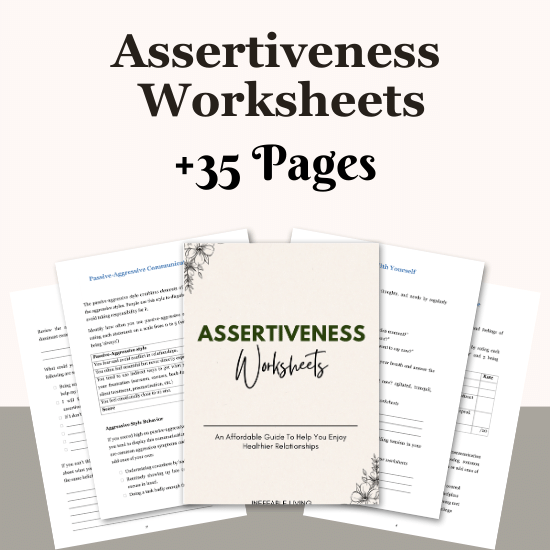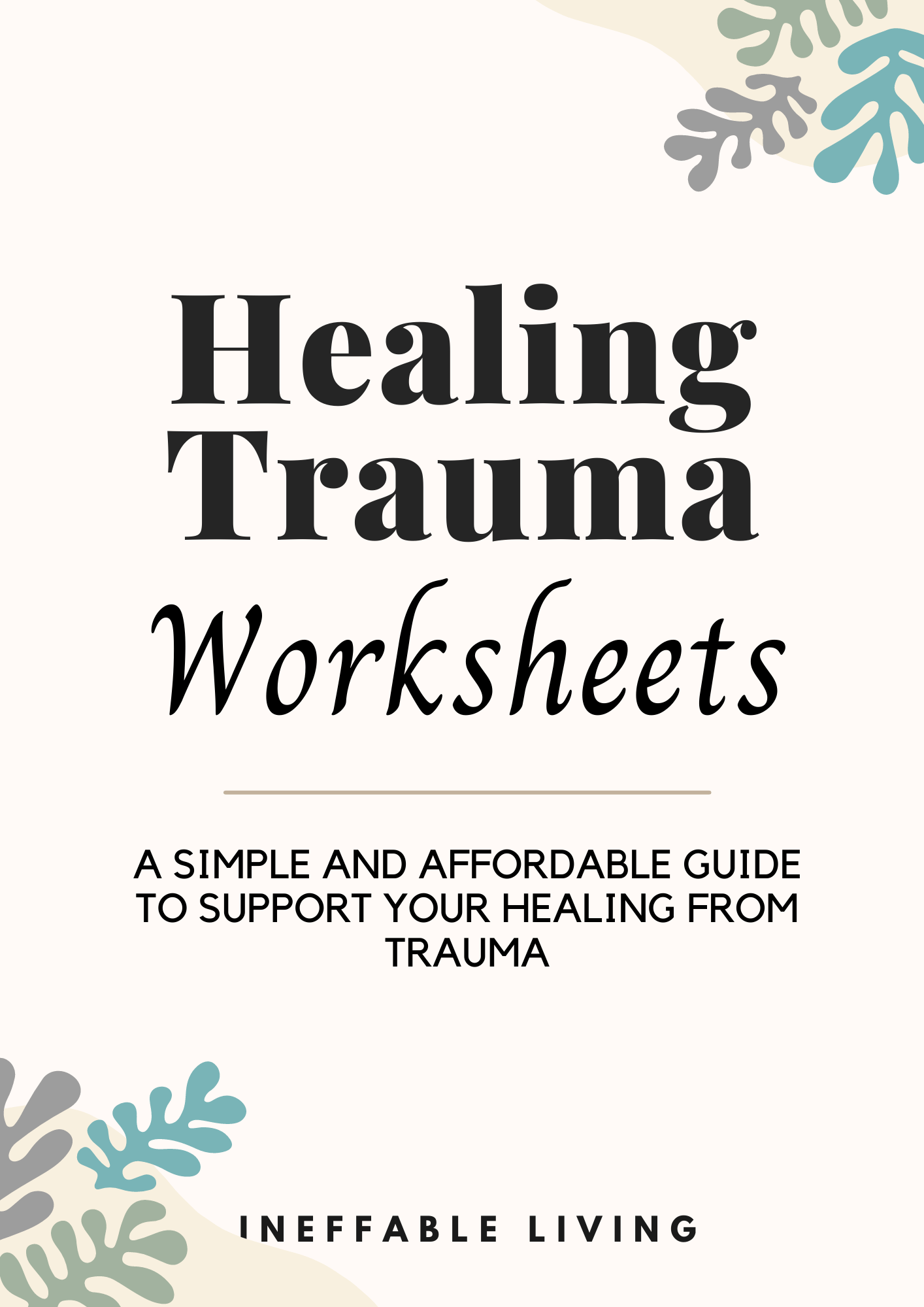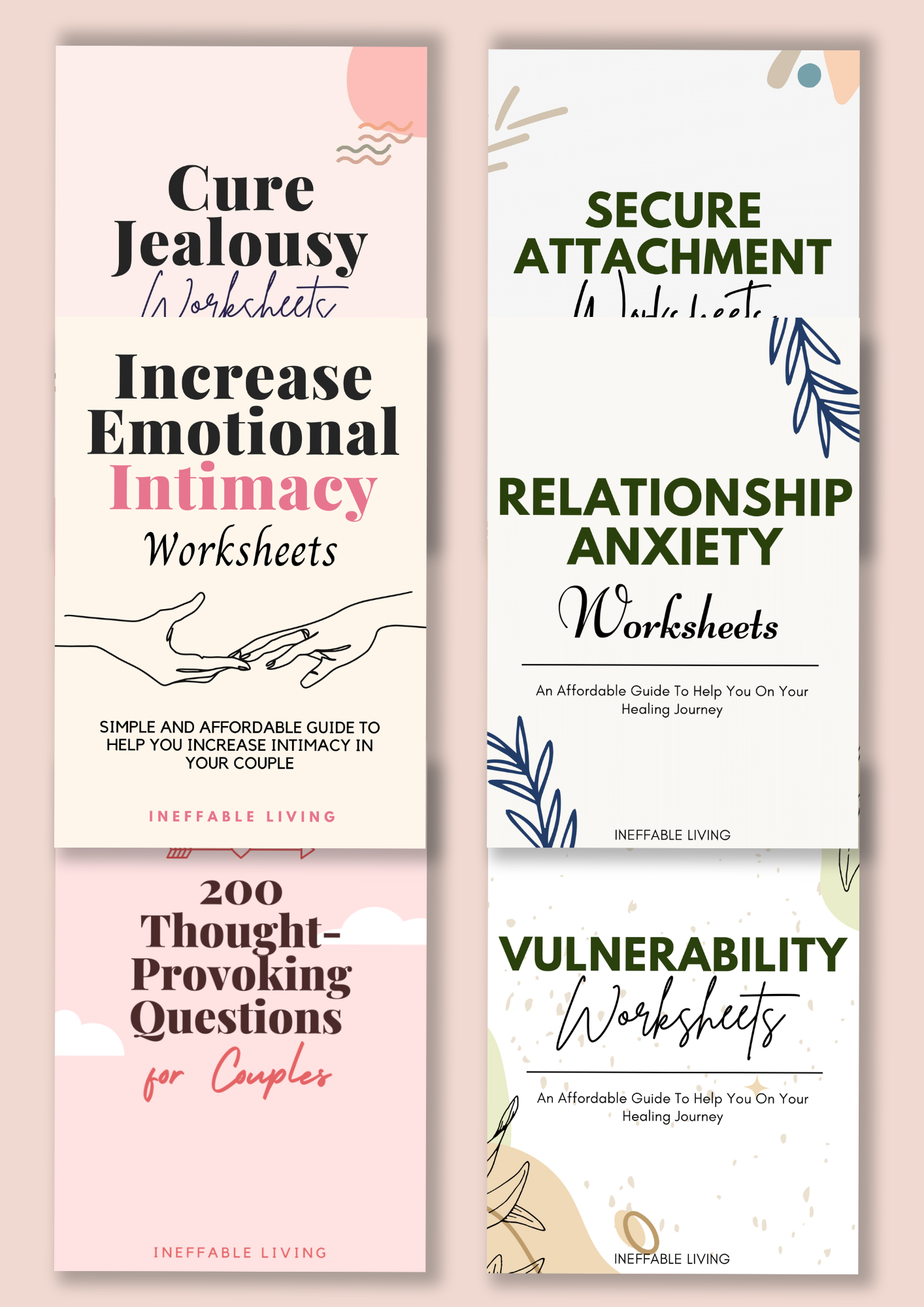1. Reflect on past experiences where you felt either underassertive or overly aggressive in your interactions with others. What were the circumstances, and how did you respond? How did these responses impact the outcome of the situation?
2. Consider the cultural, familial, or societal influences that have shaped your attitudes towards assertiveness. How have these influences affected your comfort level with expressing your needs and boundaries?
3. Explore any recurring thoughts or beliefs that hinder your ability to assert yourself. Do you notice any patterns of self-doubt, fear of rejection, or concerns about upsetting others?
4. Reflect on the physical sensations and emotions that arise when you contemplate being assertive. Are there specific bodily reactions or emotional responses that may signal hesitancy or discomfort?
5. Consider real-life scenarios in which you wish you had been more assertive. What specific actions or statements would have reflected assertiveness in those situations?
6. Explore the potential benefits of assertive communication for your well-being and relationships. How might improved assertiveness positively impact your self-esteem and overall sense of empowerment?
7. Reflect on any fears or concerns about setting boundaries and saying "no" to others. What beliefs or experiences contribute to these fears, and how might you work to challenge and overcome them?
8. Consider the ways in which passive, aggressive, and assertive communication styles differ. How do these distinct styles manifest in your own interactions, and what are the potential outcomes of each?
9. Explore any role models or individuals you admire for their assertiveness. What specific qualities or behaviors do they embody that you could incorporate into your own assertive communication style?
10. Reflect on the potential impact of assertiveness on conflict resolution and the maintenance of healthy relationships. How might assertive communication contribute to clearer, more effective problem-solving?
11. Consider the types of situations in which you find it most challenging to assert yourself. Are there common themes or triggers that contribute to these difficulties?
12. Reflect on any past experiences in which you successfully demonstrated assertive communication. What strategies or approaches did you employ, and what were the positive outcomes?
13. Explore the connection between self-awareness and assertiveness. How might cultivating a deeper understanding of your own needs and values support your ability to communicate assertively?
14. Consider how assertiveness aligns with your personal and professional goals. In what ways might improved assertiveness contribute to your ability to advocate for yourself and pursue your desired outcomes?
15. Reflect on the potential impact of assertive communication on your overall sense of agency and autonomy. How might asserting your needs and boundaries contribute to a greater sense of self-empowerment?
Assertiveness Worksheets





